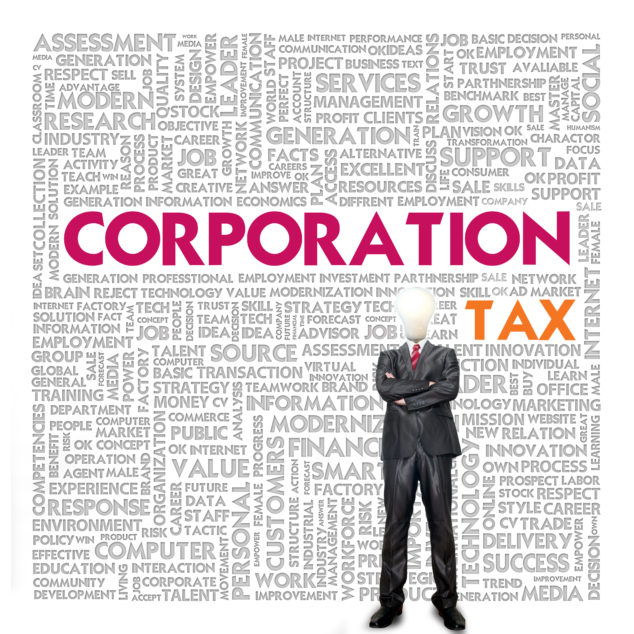What Brexit means for Ireland
As the ASI’s resident Irishman, I was asked to speak at an event at the Irish Embassy yesterday to consider, among other things, what sort of impact Brexit will have on Ireland and the Irish people. Although Ireland is small, its destiny matters to Britain. Ireland is the United Kingdom’s only land neighbour, Northern Ireland is still unstable, 5.1% of British exports go to Ireland (nearly as many as the 5.7% that go to France), half a million people born in the Republic of Ireland live in the UK, and six million Brits have at least one Irish grandparent.












